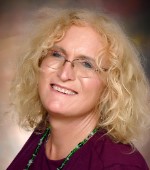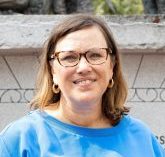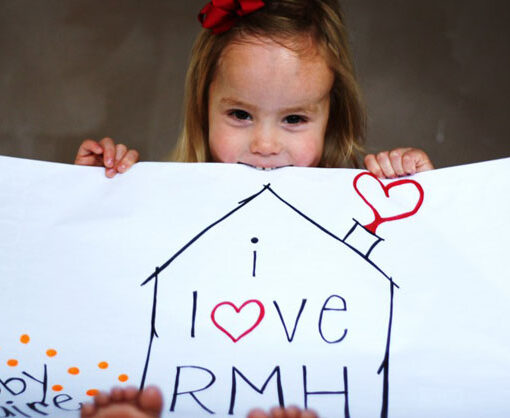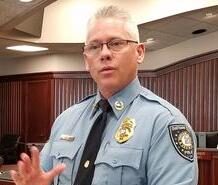Supporting New Afghan Refugees
Lindsey Grovenstein, Inspiritus Savannah Zoom meeting
February 15, 2022 Meeting Summary
On February 15, Ms. Lindsey Grovenstein, Community Engagement Specialist with Inspiritus Savannah, made a Zoom presentation to a group of Skidaway Hamiltons and Abigails on what Inspiritus is doing for Afghan refugees. Also on the Zoom call were Sissy Hoffman, a retired Savannah school teacher who has been a volunteer working with refugees for over five months, and Amin Ansari, 17 years old and one of her Afghan clients.
Lindsey began her presentation by expressing her gratitude to the people of Savannah for their generous response to the needs of the refugees. She made specific reference to the “wonderful”, just-completed donor drive organized by the Abigails. She then presented a background PowerPoint on Inspiritus. The mission of Inspiritus is to guide individuals and families on a path from surviving to thriving. All their clients’ lives have been disrupted in some way, and Inspiritus helps them discover their strengths and attain self-sufficiency. Inspiritus has multiple offices in the South working on Children and Family Services, Disability Services, and Disaster Response. The staff in Savannah are primarily involved in Refugee and Immigration Services. Inspiritus is an affiliate of Lutheran Immigration and Refugee Services and is a non-profit.
Lutheran Immigration and Refugee Services is one of nine major resettlement agencies in the U.S. working with Homeland Security and the UNHCR (The UN Refugee Agency). There are millions of refugees and internally displaced people. Most of the people in the world who are displaced never receive refugee status which requires people to have fled their home country and crossed an international border for fear of persecution because of race, religion, nationality, membership in a particular social group, or political opinion. Most people who are refugees will spend the rest of their lives in refugee camps. Less than 1% of refugees are ever resettled, resettlement being only for the most vulnerable…women and girls at risk, survivors of violence and torture, and those with medical needs. It takes years for people to be processed. They do not know how long it will take to be resettled or where they might go. The United States has been one of the countries that has received refugees for resettlement (under the Refugee Act passed in 1980). Three million refugees have come to the U.S., including 60,000 in Georgia. Lindsey reviewed the processes involved in resettlement and emphasized the very heavy security screening that applicants must pass through. Once approved, the individuals (or families) are assigned to a city. They may be assigned to a city where they know someone or be assigned based on the capacity of the settlement agency to receive them. Lindsey explained that the Afghans that have come to Savannah are not technically refugees. They have not crossed an international border, having come from military bases. They are Humanitarian Parolees, which provides temporary (two-year) refugee status. After two years, they must apply for asylum or get their green card. This temporary status is a source of anxiety for Parolees, and the necessary legal aid is an additional expense.
Lindsey showed the past number of refugees taken in by Inspiritus Savannah. In 2016, for example, there were 102. The Trump administration sharply curtailed the U.S.’s refugee programs. Inspiritus took in only 5 in 2020. With so little activity, Inspiritus lost grant money and had to furlough most of its staff. The Biden administration increased the refugee cap, and the Taliban takeover of Afghanistan produced a need to take in lots of people in a very short time. Lindsey was hired in October and many of the other staff members were also new. They almost immediately began receiving people…110 individuals arrived between October and February. Housing remains one of the biggest challenges. Wesley Garden Retreat was able to take in a good number on a temporary basis and there were other temporary hosts. Permanent housing is more difficult, given the fact that Savannah already has an affordable housing crisis. Many landlords will not rent to them because they lack a local job history and credit score. Roughly half are now in apartments. The rest are in hotels.
So, what does Inspiritus do? In greets its clients at the airport, takes them to temporary housing, makes sure they have food, utensils, and weather-appropriate clothing. It begins a process of cultural orientation. There are formal classes, but volunteers are of critical importance in this area. It assists with school. 18 students started at school in recent weeks. There are ESL classes, and there will be a summer camp. Inspiritus helps their clients get documentationlike social security cardsand apply for public benefits so that they can get Medicaid and food stamps. It also assists in finding jobs. Inspiritus has partnerships with several employers and would welcome more. Many of the clients had excellent jobs in Afghanistan but because they lack local credentials, they need to start over here. Those with jobs are working in the hospitality industry and warehousing. Access to transportation is a critical factor determining where one can work. Once clients get into permanent housing, Inspiritus provides furniture and cookware. Donation drives are critical so that the clients do not have to spend their limited funds on these items. She explained that the intense work with refugees is in the first ninety days. They soon begin to get a measure of self-sufficiency. Finally, Lindsey said that the number of Afghan refugees coming to Savannah will top out at around 115 people, but soon they will be getting refugees from other parts of the world.
Lindsey introduced Sissy Hoffman. Sissy is in the “first friend” program and talked about her experience as a volunteer. She is “grandma” to her family, and she cares deeply about them. She described her volunteer work as “one of the most wonderful experiences in my life”. She introduced Amin. They clearly care deeply for one another. Amin’s father worked with the US Army for twenty years and now has a job as a maintenance engineer at a hotel. Amin says he misses his friends and his family back in Afghanistan. He seemed to be a very nice young man and reports that his transition to an American school has not been too difficult because his school in Afghanistan used English.
Finally, Lindsey spoke about volunteering. She said that she had about 80 volunteers currently and could use more to tutor after school, work with families to help them understand their new surroundings, provide transportation, etc. She said to send her an email at lindsey.grovenstein@weinspirit.org.






